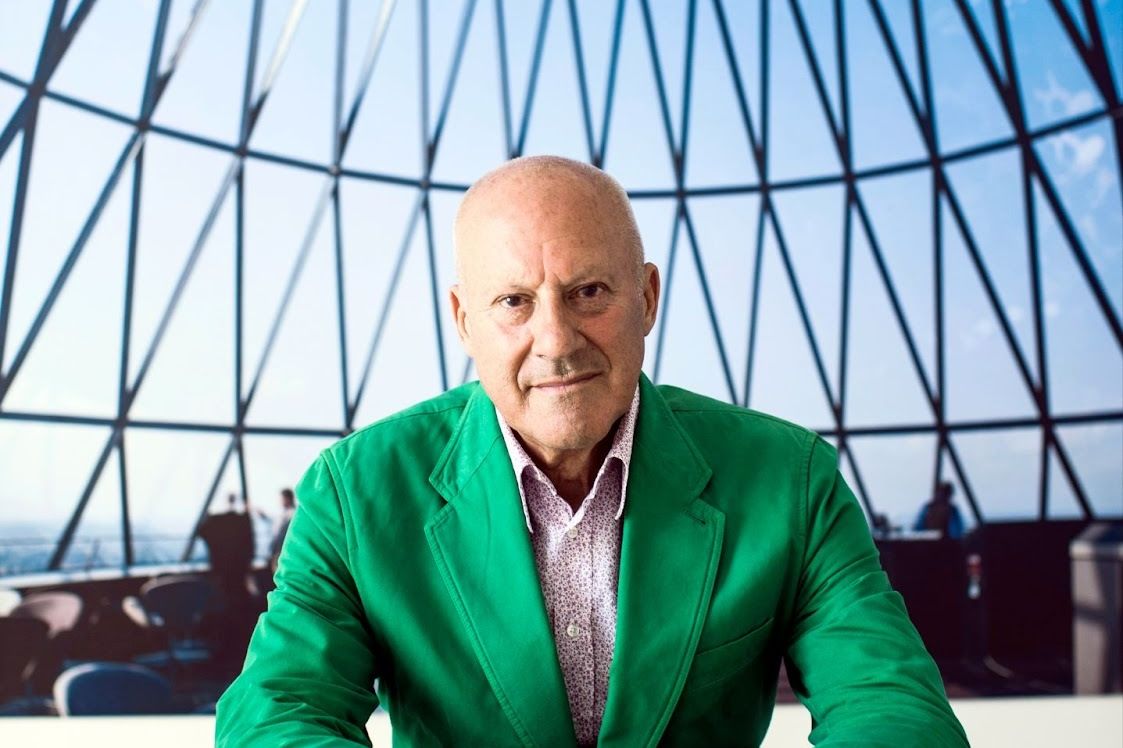Two Sarasota Women Become Outspoken Voices in a National Debate About Gender Equality and Outdated Views of the Female Body

Image: Jongmee Kim
Bailey Davis and Lizzy Martinez grabbed headlines in The New York Times and the Washington Post—among other national media—earlier this year for, well, having female bodies.
Davis, 22, was fired from the New Orleans Saints’ cheerleading squad after posting a photo on Instagram of herself in a lacy black bodysuit. The team deemed it too provocative and claimed she’d violated rules that prohibit cheerleaders from sharing seminude photos of themselves. Davis, who wore a bikini while dancing for the team, thought the Saints were using a double standard. “A player can pose shirtless and no one says he’s trying to get our attention or trying to be sexy,” Davis says on a video on The Players Tribune.
For Martinez, 17, a junior at Braden River High School, the day everything changed was April 2, when she decided not to wear a bra to school after getting sunburned. She was called to the dean’s office where administrators said her bralessness went against school dress code and that her nipples were distracting other students. Martinez was given an undershirt to put on before she could return to class. Still not satisfied, they handed her some adhesive bandages to tape over her nipples.
“I was in the bathroom in the clinic, staring at myself with my shirt up, and I just started crying,” she says. “I felt embarrassed about my body.’”
Martinez and Davis don’t know one another, but they had the same response. Why is a woman’s body the focus and regulated in ways that men’s bodies are not? Both women have since become outspoken voices in a national debate about gender equality and outdated views of the female body.
“We still live in a time when women’s bodies are controlled,” says Emily Fairchild, a professor of gender studies at New College of Florida. “The teenage student’s body was controlled in terms of what she could wear. The cheerleader’s body was controlled based on what she did with it, how she showed it on social media.”
I decided not to wear a bra today and got pulled out of class bc one of my teachers complained that it was a “distraction to boys in my class.” My school basically told me that boys’ education is far more important than mine and I should be ashamed of my body. @Manateeschools :)
— liz (@lizzymartineez) April 2, 2018
After school the day of the incident, Martinez took to social media to vent her frustration at her school’s apparent preference for the education of boys, whom her breasts were said to be distracting. The tweet went viral. She organized a boycott, encouraging classmates to go braless or wear bandages on the outside of their shirts to show solidarity. The story grabbed national headlines and caught the attention of the American Civil Liberties Union (ACLU), which decided to intervene against the School District of Manatee County, demanding that it change its gender-specific student dress code.
“Our main goal is to ensure that no other female student faces the kind of discrimination that Lizzy faced,” Emma Roth, a fellow at the ACLU’s Women’s Rights Project, says. “Girls go to school to learn and to study. The fact that she was pulled out of the classroom and humiliated is incredibly unfortunate and a violation of federal law and the Constitution.”
After her firing, Davis got in touch with Sarasota employment-law attorney Sara Blackwell, who says Bailey has a case for gender discrimination. Rules imposed on cheerleaders are remarkably strict compared to those for male athletes. Among their many obligations, cheerleaders must avoid engaging with players on social media, even though players are permitted to pursue contact with them.
“I told Bailey, ‘You’re not a victim. We’re not getting revenge. This is not about getting rich. This is about making changes and being an advocate for women,’” Blackwell says.
Blackwell is now working on urging the NFL to rewrite its regulations, placing equal constraints on men and women, before pursuing claims against the Saints and other offending teams.
Fairchild says the fact that women are speaking up shows that the culture is changing. “But the fact that they have to speak up is how we know that there hasn’t been nearly enough change,” she says.



